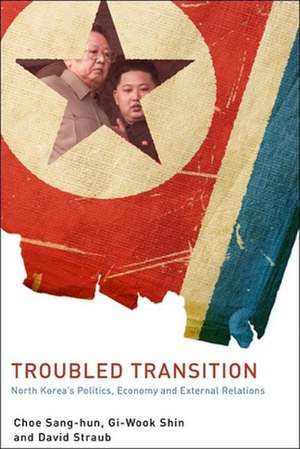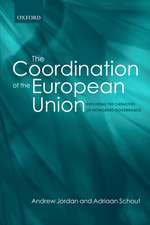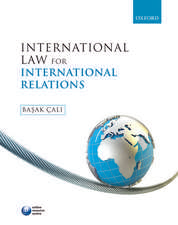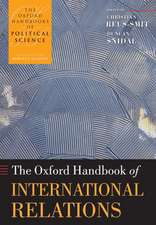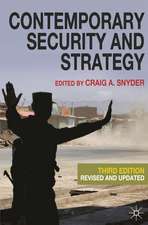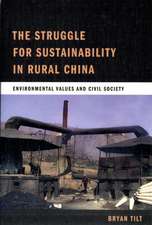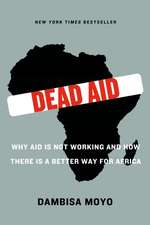Troubled Transition: North Korea's Politics, Economy and External Relations
Editat de Sang-Hun Choe, Gi-Wook Shin, David Strauben Limba Engleză Paperback – 9 sep 2013
Kim Jong-il once declared he would transform North Korea into a "great and powerful country" by 2012, apparently believing that nuclear weapons would compel the international community to engage on his terms. With no such prospect in sight and Kim himself now in failing health, his regime faces a multitude of intractable problems. Kim has apparently chosen his twenty-something third son as his successor, but will North Koreans accept this inexperienced young man as their leader, and will he embrace new thinking to solve the country's problems? Why do North Korean leaders resist reform of an economic system that impoverishes the people? Can a country so dependent on outside help continue to defy the international community?
In Troubled Transition, leading international experts examine these dilemmas, offering new insights into how a troubled North Korea may evolve in light of the ways other command economies and totalitarian states—from the Soviet Union and East Germany to Vietnam and China—have transitioned.
In Troubled Transition, leading international experts examine these dilemmas, offering new insights into how a troubled North Korea may evolve in light of the ways other command economies and totalitarian states—from the Soviet Union and East Germany to Vietnam and China—have transitioned.
Preț: 252.12 lei
Nou
Puncte Express: 378
Preț estimativ în valută:
48.24€ • 50.55$ • 39.88£
48.24€ • 50.55$ • 39.88£
Carte tipărită la comandă
Livrare economică 11-25 aprilie
Preluare comenzi: 021 569.72.76
Specificații
ISBN-13: 9781931368285
ISBN-10: 1931368287
Pagini: 350
Ilustrații: black & white tables
Dimensiuni: 152 x 229 x 22 mm
Greutate: 0.49 kg
Editura: Brookings Institution Press
Colecția Shorenstein Asia-Pacific Research Center
ISBN-10: 1931368287
Pagini: 350
Ilustrații: black & white tables
Dimensiuni: 152 x 229 x 22 mm
Greutate: 0.49 kg
Editura: Brookings Institution Press
Colecția Shorenstein Asia-Pacific Research Center
Notă biografică
Sang-Hun Choe, a Pulitizer Prize-winning journalist and reporter for the International Herald Tribune, was the 2010–2011 Fellow in Korean Studies at Stanford University's Walter H. Shorenstein Asia-Pacific Research Center. Gi-Wook Shin is the director of the Walter H. Shorenstein Asia-Pacific Research Center; founding director of its Korean Studies Program; and the Tong Yang, Korea Foundation, and Korea Stanford Alumni Chair of Korean Studies at Stanford University. David Straub is associate director of the Korean Studies Program at the Walter H. Shorenstein Asia-Pacific Research Center. Straub retired from the U.S. Department of State as a senior foreign service officer after a thirty-year career focused on Northeast Asian affairs.
Descriere
Kim Jong-il once declared he would transform North Korea into a "great and powerful country" by 2012, apparently believing that nuclear weapons would compel the international community to engage on his terms. With no such prospect in sight and Kim himself now in failing health, his regime faces a multitude of intractable problems. Kim has apparently chosen his twenty-something third son as his successor, but will North Koreans accept this inexperienced young man as their leader, and will he embrace new thinking to solve the country's problems? Why do North Korean leaders resist reform of an economic system that impoverishes the people? Can a country so dependent on outside help continue to defy the international community?
In Troubled Transition, leading international experts examine these dilemmas, offering new insights into how a troubled North Korea may evolve in light of the ways other command economies and totalitarian states—from the Soviet Union and East Germany to Vietnam and China—have transitioned.
In Troubled Transition, leading international experts examine these dilemmas, offering new insights into how a troubled North Korea may evolve in light of the ways other command economies and totalitarian states—from the Soviet Union and East Germany to Vietnam and China—have transitioned.
